In the hustle and bustle of modern life, it’s easy for our minds to be overloaded with worrisome thoughts. So, how to deal with anxious thoughts? Here are 13 effective ways to quiet a worried mind, offering you the serenity and clarity you need to navigate life’s challenges with ease.
Our minds are basically recorders that play (and replay) their soundtracks all day long, sometimes all night long too. Some people have recordings that tend to be more pleasant and present. Some people’s thinking patterns lean towards the optimistic or realistic side.
Others, not so much. Many people are plagued with worrisome thoughts that lead them to feel chronically stressed, anxious, depressed, or pessimistic. This is where compassionate awareness and regular upgrades come in.
While we don’t have a say in the type of mind we were born with, or developed as a result of our life experiences, we do have the option of staying aware of our thoughts and pressing pause, delete, or re-record.
We do have the choice about how often we become aware of the nature of our thoughts and how we respond when we realize that our thoughts are unhelpful, unkind, or untrue.
If you realize that you’ve been lost in a trance of worrisome thoughts, praise yourself for breaking the trance and then try some of these mind-quieting tools.
Related: 4 Mantras To Stop Anxious Thoughts
How To Deal With Anxious Thoughts? 13 Ways To Quiet A Worried Mind
1. Come to Your Senses
If you become aware of worrisome thoughts, shift your attention to actual, factual reality: your body breathing, the surface you’re sitting, standing, or lying on, any colors or shapes you see, and the sounds you hear. Shifting into sensory mode is a wonderful way to redirect an overactive mind.
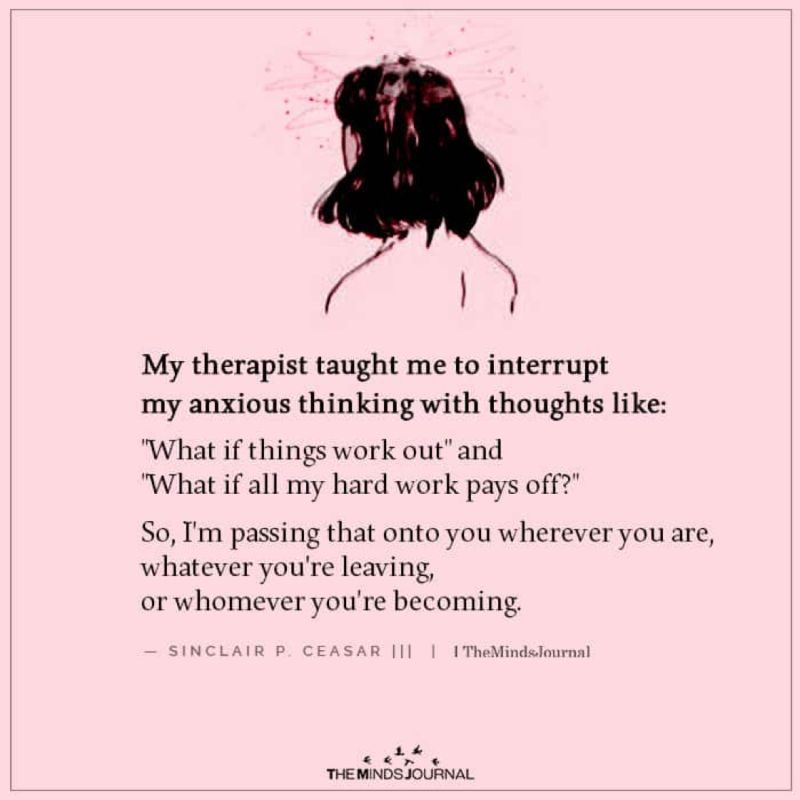
2. Notice Who’s Noticing
Once you become aware that your mind has been playing an unpleasant, scary, or stressful soundtrack, you now have two different internal parts: your thoughts, and the part of you that is aware of your thoughts. They are not the same thing.
Your awareness is like the vast, open sky and your thoughts are like clouds. Try tuning into that vast awareness. Ask yourself: Who or what is noticing my thoughts? See what that feels like. Sometimes, it can feel like we are our thoughts, but if that were true then when our thoughts passed, we would pass too.
Our thoughts come and go, but this vast awareness is always here and we can get better at tapping into it and spending more time in it.
3. Air Out Your Mind
Try picturing an imaginary window or door on top, behind, or on the sides of your head. Then see or sense yourself opening those windows and doors and airing out your mind like you would air out a room.
4. Tropical Breeze Breathing
Take a few slow deep breaths and imagine that your breath is like a soothing tropical breeze blowing through your body.
5. Spreading Calm
Locate one body part that feels either neutral or calm. (It could even be the tip of a toe!) Tune into that sense of neutrality or calm and visualize it spreading throughout your entire body.
Related: How to Stop Feeling Anxious, Depressed and Emotionally Overwhelmed
6. Compassionate Connection
Imagine that your worries are like a frightened child and your wise mind and compassionate heart can connect to that child in a compassionate manner. You can do this in writing, verbally, or in your imagination.
7. Thank Worry
It can seem counterintuitive to thank worry, but the truth is that our worries are only attempting to help. They’re trying to prepare, plan, or prevent. The system glitch, however, is that in most cases, worry doesn’t actually help.
It just makes our nervous systems feel like whatever we’re worrying about is already happening. Thanking worry for trying to help, as opposed to letting it take over or berating yourself for worrying, can help soften and shift out of a chronic worry loop.
8. Reassure Worry
When we’re feeling unsafe or in danger, we don’t generally have time to worry. We take action or we deal with the situation as best we can. Worry usually occurs when we’re thinking that we (or someone or something) won’t be safe or okay in the future.
Try reassuring yourself that in this moment, you are safe. You can even repeat that to yourself: “In this moment, I am safe.” Then notice if, how, or where in your body or your environment this feels true.
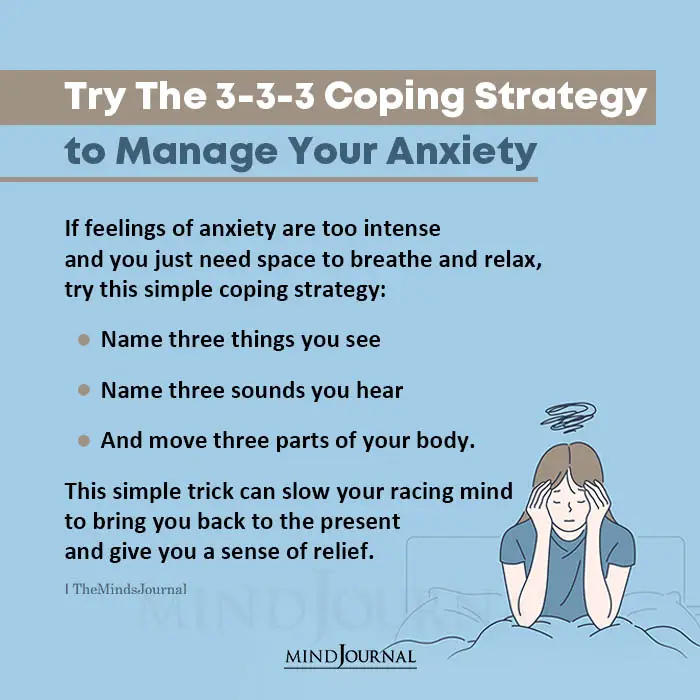
9. Check Your Responses
How do you tend to speak to yourself when you’re worried? Is your internal soundtrack harsh and critical or kind and empathic?
Even if you realize you’ve been berating yourself, you can still be kind to yourself about that. Any moment you can drop the internal criticism and pick up some inner kindness.
Related: The Ruminating Mind: 4 Steps To Deal With Negative Thoughts
10. Wonderful What Ifs
Oftentimes, worried thoughts take the form of, “What if…” What if this horrible thing happens? What if this doesn’t happen?
Ideally, we spend most of our time in the present moment rather than future What ifs, but if your mind is stuck in a worrisome What if loop, try a What if upgrade: What if this works out really well? What if my test results are good?
11. Worry Inventory
Reflect back on some of the things you’ve worried about in the past. Chances are, in many cases, the things you worried about never even happened. In some instances, they may have, and you’re now on the other side of the situation.
Either way, it can help to acknowledge that it’s not our worries that help us through our challenges, it’s action when needed, time, support, and acceptance.
12. Action Inventory
If your mind is spinning with worries, ask yourself if there’s anything that needs to (or can) be done. If there is, you can write down your action plan and free up your mind.
If there aren’t any actual steps to take, let your well-intentioned mind know this and then redirect yourself to something calming, uplifting, present, or practical.
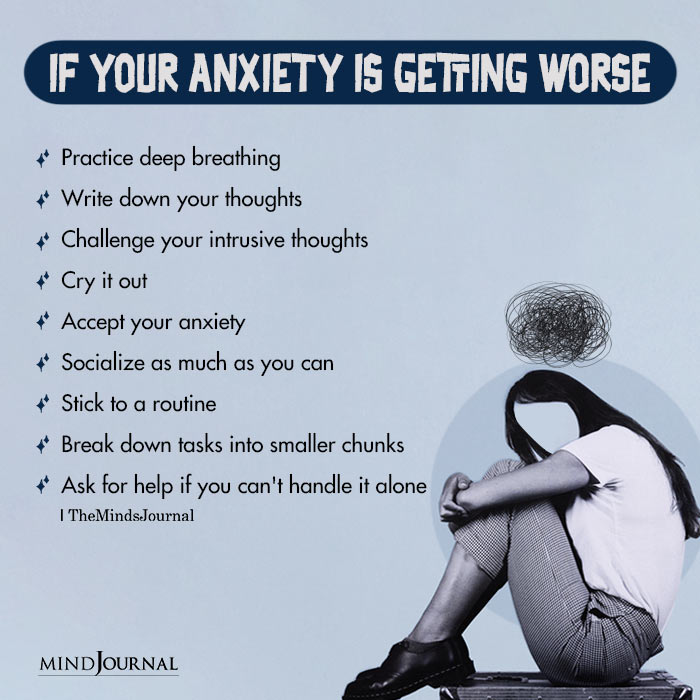
13. Trust Your Future Self
Oftentimes, when we’re worried about something in the future, we don’t have the information and intuition that we’ll need (and have) if our worried scenarios ever come to pass. We can’t know what we’ll need in the future because we aren’t there yet.
Of course, if you get an intuitive sense of how you can take care of a future situation, honor that. But, if your mind is stuck in worry mode and there’s nothing you can do in the present, try trusting your future self.
Tell yourself: If that happens, I’ll deal with it then. I’ll have information and intuition that I don’t have now because it’s not happening now. Then come back to the actual, factual present moment and take the best care of yourself that you can.
Related: 6 Signs You Are Suffering From Chronic Stress
This will pave the way for strength and clarity to help you face whatever the future may bring.
Written By Andrea Wachter Originally Appeared On Andrea Wachter
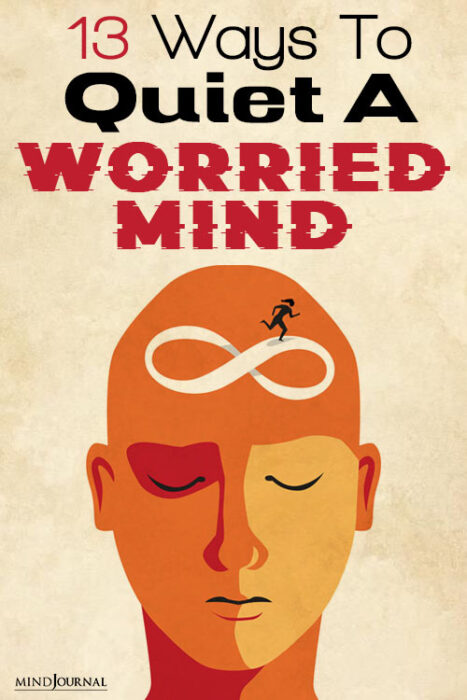
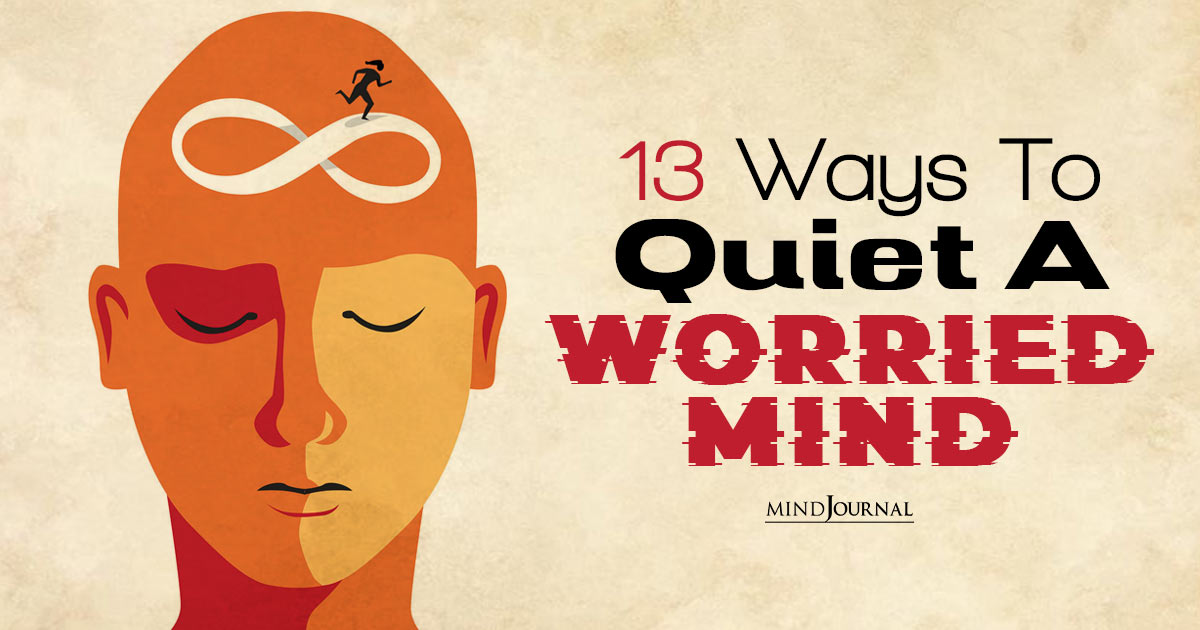
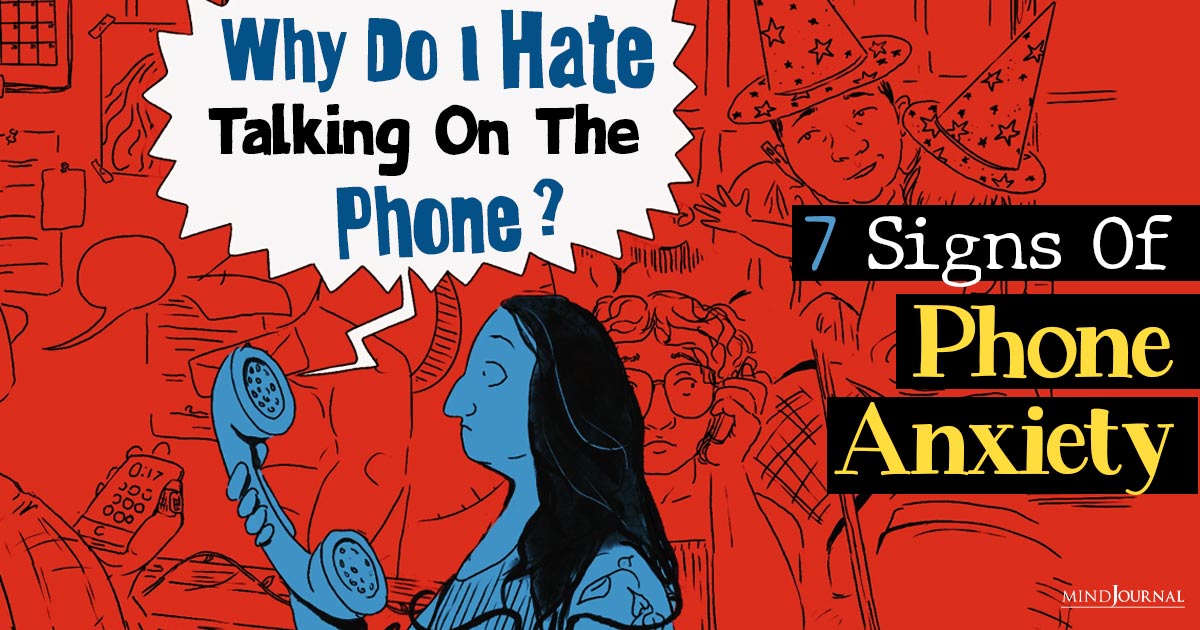
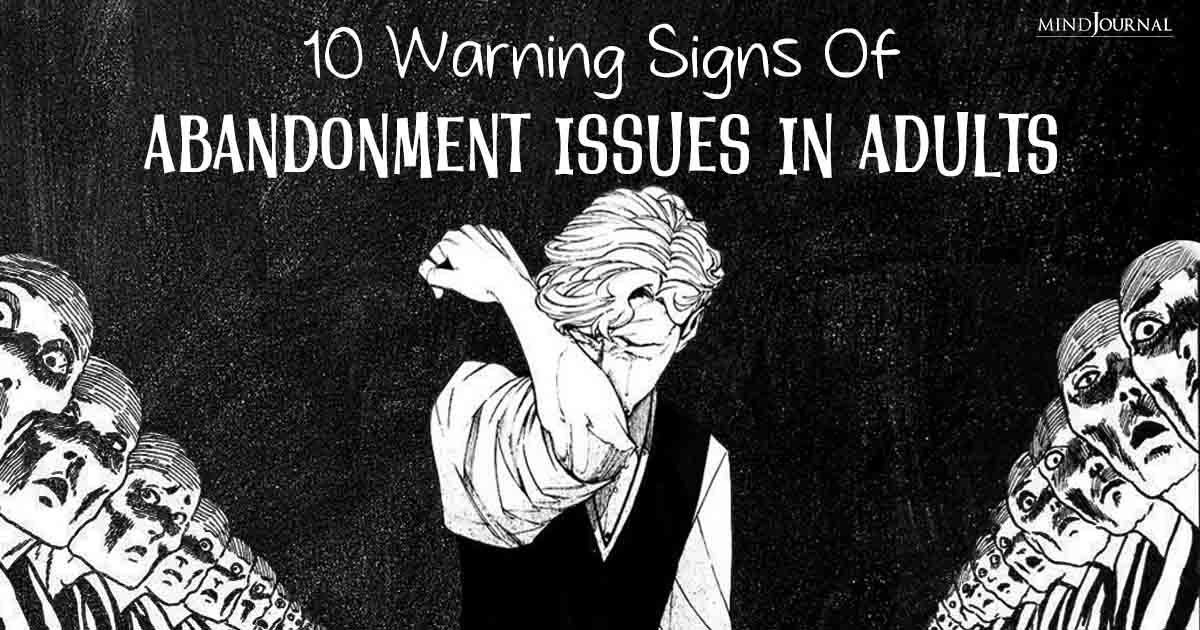
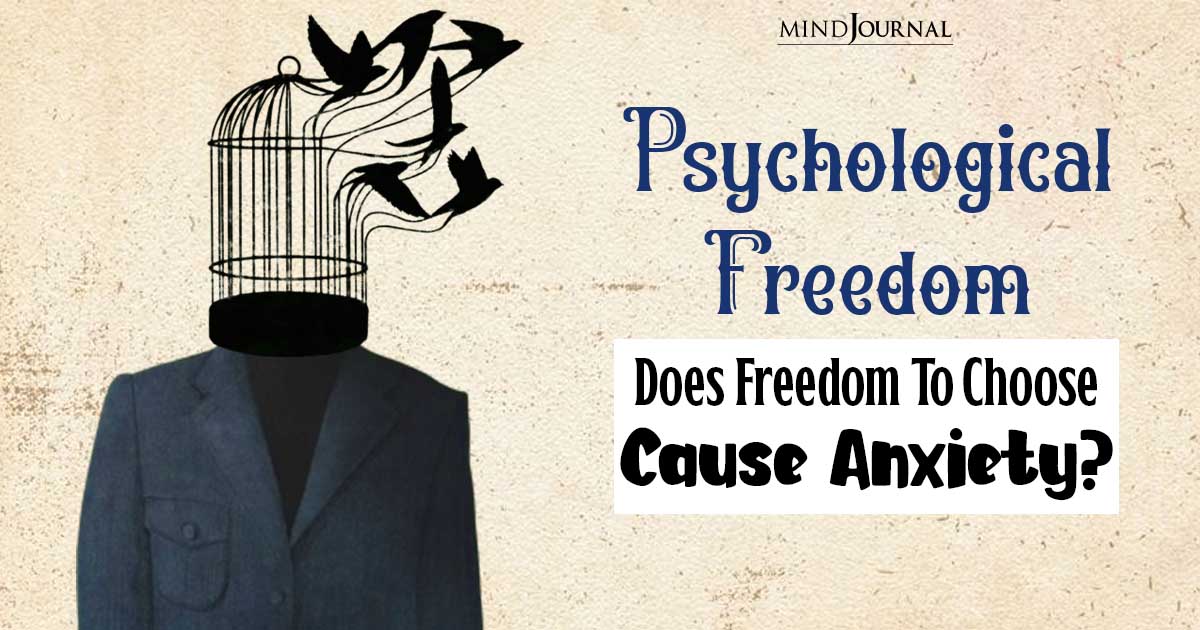
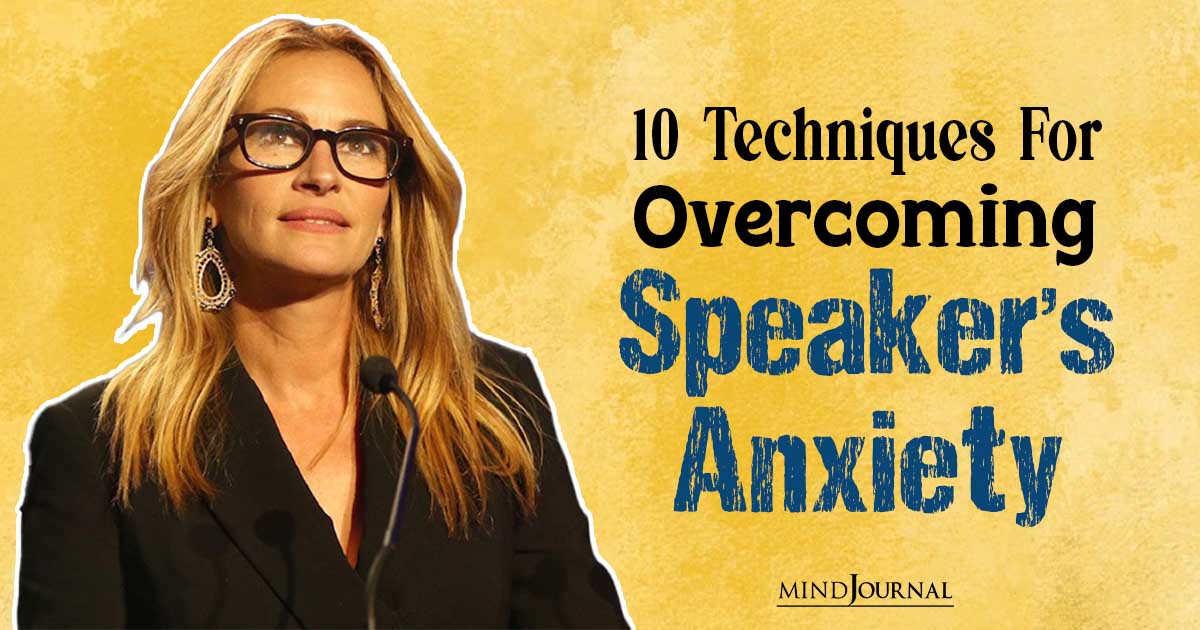

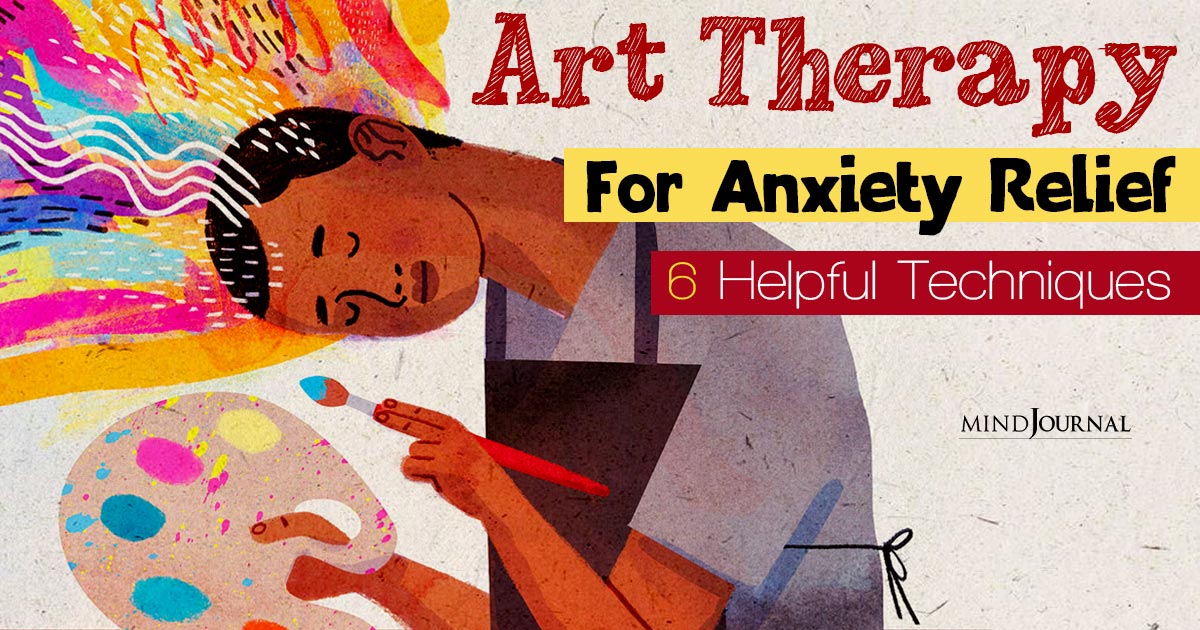

Leave a Reply
You must be logged in to post a comment.